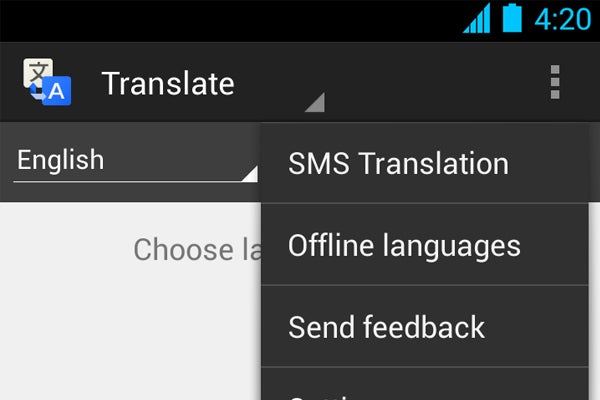
The issues are mostly resolved now, and Catima is available on the Play Store under a new title, but this is an all-too-familiar saga for independent developers dealing with Google's Play platform support. (Humorously, the developer may have more human input on her title translations than Google employed.) Google even falsely rejected her app just a few days ago with a baseless claim that her app requires login credentials to review, even though it doesn't. Clearly, Google was translating even the English app name's use of the word "libre" incorrectly.Ī "bug" with the Play Store Console further compounds the issue, as the developer can't save titles for all language localizations unless all of them are below the new 30-character limit, and she has to wait on her Bulgarian Weblate translator volunteers to come up with a "fixed" version for Bulgarian that addresses Google's incorrect translation. This initial title review caused a cascade of issues for Sylvia after she rephrased the two not-actually-erroneous titles, with a flood of other seemingly machine-translated errors hitting her inbox over the next few days, as Google incorrectly took issue to words like "libre" and "libero," even later claiming that the English title used the word "free" when it never did.

But this distinction is lost on automated translation tools like Google Translate, which go for a hard-and-fast word analog, ignoring the imprecision and multitudes of meanings for the word "free" in the English language.
#GOOGLE TRANSLATE APP ANDROID OFFLINE FREE#
Playing around ourselves with some titles Google took objection to, it appears the company is relying on automated translations for its title reviews in other markets, with examples like the Dutch "vrije" and the German "freie" both clearly meaning free as in freedom, openness, and liberty, rather than free as in price. Sylvia suspected that Google's error came down to how it was performing its translations, which a later title review would seem to confirm - Google later objected to the word "free" when it wasn't even in the English title, showing that it was "translating" even that version, and doing it incorrectly. But why was Google flagging Catima when it doesn't use the word in that sense? And to be fair, you can see for yourself if an app is free. See, Google decided it didn't like the word "free" in titles since they're usually attached to spammy, low-quality, bad apps, and Google's trying to clean up how its Play Store looks. A review of the recent policy changes led her to believe that Google might be misunderstanding the Dutch word "vrij" and its Norwegian brother, both of which mean "libre" for that free-as-in-freedom sense and not "free" as in no cost. Last October, she was informed out of the blue that her app had been "rejected" from the Play Store due to its Dutch and Norwegian titles, neither of which she tells us had changed for many months. It's still available on the Play Store and hasn't been taken down, but the developer behind it has documented a months-long saga involving the app's title and the use (or, more accurately, the non-use) of the word "free." It's free, open-source, and popular within its niche - 10,000+ downloads and an impressive 5.0 rating with 139 reviews.

The first app in question is Catima, and it's a simple loyalty card and ticket manager. Unfortunately for at least one developer, the company's reliance on automated tools has struck again: It looks like Google incorrectly flagged an open-source app because of its own reliance on machine translation as part of its new war against the word "free," and F-Droid's semi-official Nearby app also ran into trouble.
#GOOGLE TRANSLATE APP ANDROID OFFLINE FOR ANDROID#
The company claims to be doing more to make things better recently, with more actual human beings and fewer automated tools on the other end of those appeals, but it could still be doing much more in its role as the toll-taking gatekeeper for Android apps. Independent developers have struggled with Google's Play Store developer support for years.


 0 kommentar(er)
0 kommentar(er)
